In most parts of the world hospitality businesses are about to clock up a year of being in crisis mode and every one of those 12 months has felt like a 3-minute round facing Mike Tyson. We have reached however the phase of recovery. With a vaccine roll-out well underway, the hospitality industry can now see a light at the end of the tunnel. Businesses are now faced with determining which combination of hooks and uppercuts will best lead them out of crisis. How will our business be relevant for the ‘new normal’? How do we future proof ourselves against future crises? How do we renew our company’s offering, our purpose? What have we learned, what good things have emerged from crisis? Who is still on board the bus, who needs to get off, who do we need to bring on?
One thing is certain – any hospitality business expecting to emerge from Covid-19 operating and behaving in exactly the same way as pre-crisis is doomed to failure. No matter how large the cash reserves a company may have, or how fantastic a product it has with a fully retained team, there are simply too many economic and marketplace variables for things to have remained the same. How businesses respond in the next eighteen months may determine their long-term relevance.
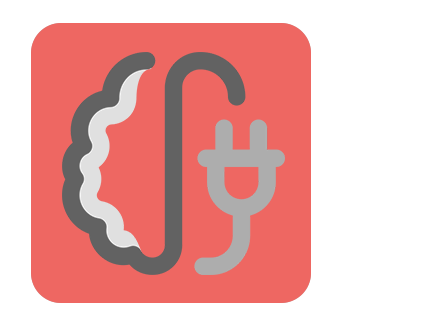 At HoCoSo we have identified five key areas that are top of mind for hospitality operators, owners and stakeholders as they look to position themselves for strong recovery. Sean Worker, Managing Director Technology, Adaption and Innovation services at HoCoSo talks about the integration of Technology – Adaption and Innovation.
At HoCoSo we have identified five key areas that are top of mind for hospitality operators, owners and stakeholders as they look to position themselves for strong recovery. Sean Worker, Managing Director Technology, Adaption and Innovation services at HoCoSo talks about the integration of Technology – Adaption and Innovation.
The Covid-19 pandemic has seen 10 years of tech education take place in 10 months. Customer, Consumer, Client, Guest and User expectations have changed, forever and businesses in all categories are under immense pressure to deliver a much higher baseline of digital (could also be virtual) User experience to simply compete.
This is the evolving age of experience and connection, as highlighted in our recent book, THE ADAPTERS. This 4th Age of Change is seeing individuals and companies of all sizes being pushed to emerge from the pandemic in altered forms with Employees and Customers expectations being elevated. We are living in an exponential time of learning, adapting, and innovating to simply function. Business and the relationship with customers have changed forever.
Many gurus have been screaming for years that “it’s all about the customer!”. Now it really is.
 Many hospitality businesses are asking, “What tech do I need to change/adapt and/or innovate coming out Covid?” In other words, what list of hardware and software does my company need to be connected and competitive. This is where they should hit the pause button. Adding “Keyless Entry,” an updated APP or hunting for the next Property Management System upgrade is merely dealing with symptoms rather than the underlying cause of the problem. If customers are giving feedback that they want a ‘seamless/easy” experience, they want this to happen from the moment they discover the property through a Google search, not when they are standing outside a hotel room door while waving their phone at a reader (at the end of the journey).
Many hospitality businesses are asking, “What tech do I need to change/adapt and/or innovate coming out Covid?” In other words, what list of hardware and software does my company need to be connected and competitive. This is where they should hit the pause button. Adding “Keyless Entry,” an updated APP or hunting for the next Property Management System upgrade is merely dealing with symptoms rather than the underlying cause of the problem. If customers are giving feedback that they want a ‘seamless/easy” experience, they want this to happen from the moment they discover the property through a Google search, not when they are standing outside a hotel room door while waving their phone at a reader (at the end of the journey).
It’s about the customer and now more than ever, you and your company have to understand your Stakeholders and how they buy, use and think. All Users have a view on TECH because they are, in fact, active users of it. While writing THE ADAPTERS, it became clear that companies, much as they would love to simply buy the latest shiny tech gadget or Enterprise Resource planning – ERP – tools, need to start with, and design to, the Customer/User needs.
Leaders are being challenged to not simply deal with current trends and problems but anticipate the needs of the Customer – at times when they do not even know what they need. The challenge during these times is to build a technology stack that has optionality and scalability for future unknowns in order to stay relevant, regardless of the sector a business operates in. We would argue that User tolerances for poor end-to-end experience and service is the challenge for most companies. Again, trust and transparency of service offering in a secure environment is fundamentally expected to survive.
To assist the thought process on how to choose the right TECH technology stack of hardware and applications for a business we recommend this 4 Step roadmap.
Step 1 – User Centric Design (UCD)
This is a practical way of delivering whatever Adaption and Innovation a business has identified to bring to market or fix existing underlying problems. UCD enables identification of Stakeholders or Enterprise participants; namely Employees (by discipline and cultural experience), Investors, Suppliers, Customers, and Internal Departments.
Step 2 – Business Process Architecture (BPA)
BPA maps the desired outcomes and experiences that the business is seeking to address and deliver. BPA visualizes and “workflow” tests the desired outcomes and user experience pathing (Websites, ERPs etc.) in a theoretical environment (think playing “connect the dots” on a white board). It demands that you seek the most efficient way to deliver your product or experience to all the Stakeholders.
Step 3 – Business Intelligence
Customer, Supplier and Employee insights, in addition to Digital Security, Analytics (Operational and Financial) to name a few, are critical. The optimum outcome is that the Company builds systems that have flexibility, insight with predictive analytical tools, and makes it widely accessible to its Stakeholders. Many of these modules are available off the shelf and then ‘glued” together to create a bespoke platform. No journey is a straight line and using data allows course correction and adjustment of the BPA to stay relevant, adapt and or innovate.
Step 4 –Tech Solution Selection
A Company should complete, at least at a high level, the first three stages prior to going out purchasing/leasing/renting/building a Tech stack. We strongly suggest that where possible, companies engage an independent professional to assist the CTO/CIO in sourcing the architecture of the Tech Stack. Businesses would also do well to ask themselves, “Are we a pure play Tech company like AltoVita, Rentals United and others, or are we a highly Tech-enabled company like Marriott?”. Simply understanding that will help advance the value proposition.
Tips and Takes
- Customers expect transparency and delivery of the promise. The same applies to Employees, Suppliers, and Investors. Trust, Security and Transparency are the new currency.
- User Centric Design (UCD) is table stakes for companies to be relevant in the Covid-19 recovery era and beyond.
- Test, Test and Test again your Stakeholder experiences and leverage that data to initiate and pivot your experience and product offering.
- Define your image by your product. Whether you are a play Tech Company or a highly tech-enabled product and experience company, choose your path.
- Carefully choose a TECH Stack that delivers a fit-for-purpose experience that has scalability and resilience.
As you would expect, Steps 2 and 3 should run currently in an existing company, whereas a start-up has a blank screen to work from. However, even the most interesting start-ups, often times, commence with product design and coding, occasionally forgetting rigorous User Testing.
The Pandemic Recovery Period, as we projected in THE ADAPTERS, could be better than the roaring 1920’s. Welcome to the RAVING 2020’s! Everyone wants to travel, meet friends, laugh, make up for lost time and do business. Make sure you’re Teched Up to handle the demand and give your Stakeholders what they want.
Sean Worker is Managing Director of Technology, Adaption and Innovation Services at HoCoSo
Sean manages HoCoSo’s Technology and Business Transformation services, helping businesses improve their outcomes for success, emerge from crises in the best conditions possible, make them ready to get back up to speed and accelerate forward.
He advises both established companies and start-ups in business strategy, intelligence and procedural analysis and development, preparation for funding investment, Workout and Administration situation reviews to Executive Coaching.
Recently, Seán released his co-authored collection of stories of industry leaders: “The ADAPTERS: How the Travel, Tourism and Hospitality Industry is Adapting and Innovating to Connect the World.”
The future for hospitality, after a year of darkness, is beginning to look more hopeful. However, in order to be able to stand with hands aloft in victory, once the bell sounds at the end of the twelfth round, businesses still have a hard road ahead. We would do well to heed Winston Churchill’s advice to “never waste a good crisis.” Consumer habits will dictate the rise of new concepts, products and experiences; investor sentiment will drive more purpose-led growth strategies; technology will enable and encourage greater productivity, consumer experience and profitability; operations will be run more efficiently and by a multi-skilled workforce; organisations will be leaner and fitter and will be led by leaders who demonstrate a more inclusive and empathetic leadership style combined with an ability to flex and shift at short notice. Those that ultimately emerge victorious will be those who put every part of their business under the microscope and look at how to best reinvent, innovate and improve themselves, in order to retain a meaningful customer proposition and competitive edge.
>> READ THE FULL ARTICLE “HOSPITALITY RECOVERY: Five areas to consider”
About HoCoSo
HoCoSo are advisors with a difference.
We create tailor-made and innovative solutions for clients’ hospitality-led projects by bringing together the optimum team of sector specialists.
Jonathan Humphries, Chairman and Owner of HoCoSo, and his direct team specialize in the extended-stay, co-living, and hotel-alternatives hospitality market; luxury, lifestyle and boutique hotels; and resort developments in Europe, the Middle East and Africa (EMEA).
Our strengths lie in the following core services:
- Product & Concept Creation, for portfolio & individual asset developments.
- Strategic Development Projects with a focus on new-market / new-concept business expansion planning, operator selection, market and financial feasibility studies.
- Transformative Asset Management for brand re-positioning, asset re-evaluation and concept re-structuring.
- Hospitality Education for companies and academic institutions, with a focus on bespoke course development, training and teaching.
- Workshops, Keynotes and Conference Moderating for boards, leading international conferences and incubators.
During the covid19 crisis, HoCoSo launched HoCoSo CONNECT, an initiative aimed at bringing the industry together to brainstorm and collaborate; HoCoSo CONVERSATION, a podcast channel encouraging the discussion with thought leaders from around the globe, for the hospitality industry; and, in collaboration with Atlas Coaching and Cervus Leadership Consulting, we also launched the Hospitality Resilience Series , a combination of online events, insights and discussions aimed at helping build your personal resilience and inner immunity.


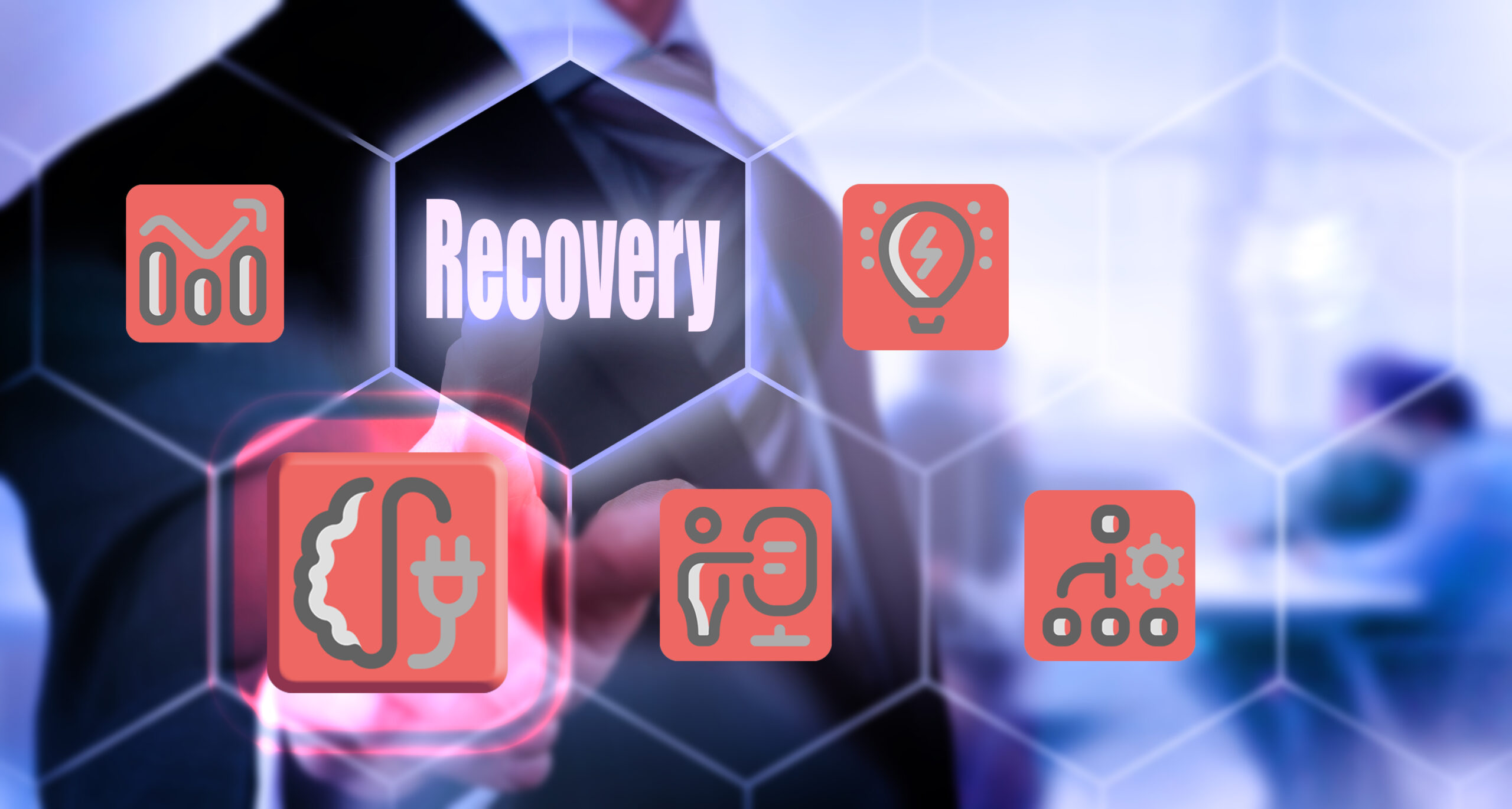
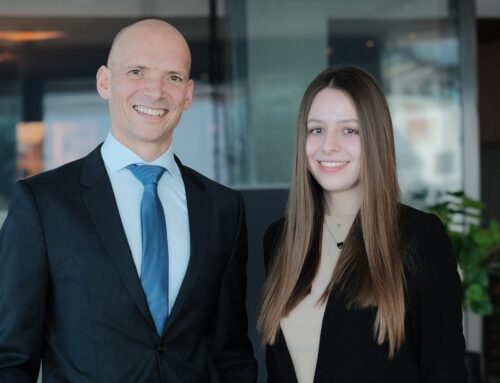

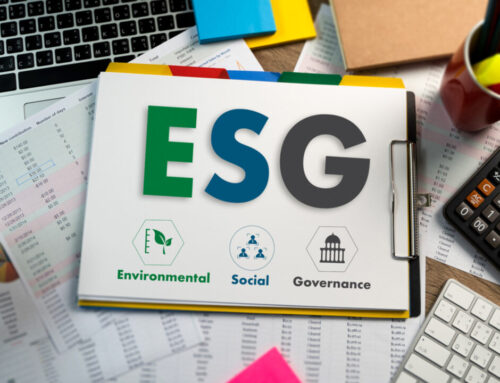
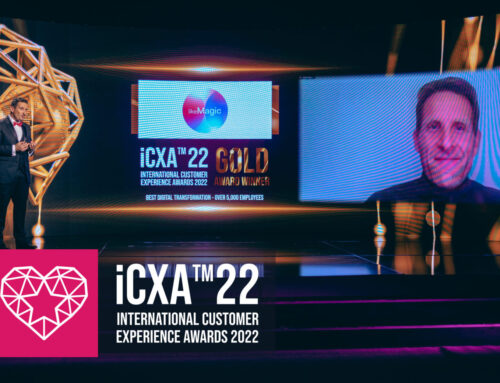
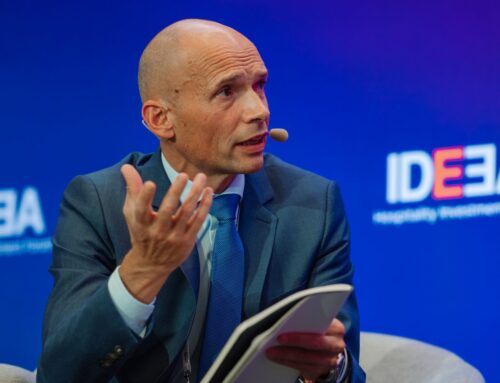
Leave A Comment